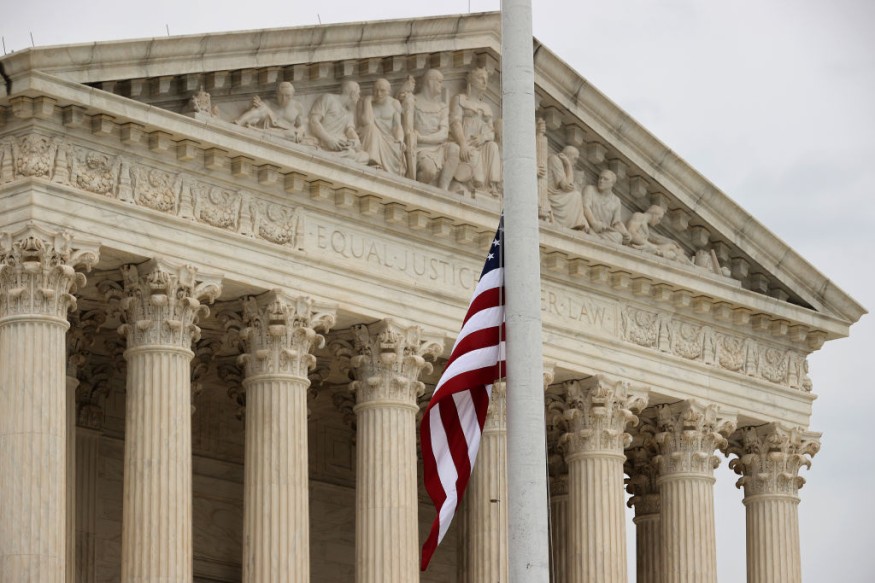Supreme Court Unanimously Agrees in Police Violation of an R.I. Man's 4th Amendment

The U.S. Supreme Court on Monday ruled unanimously that police illegally seized the firearms of a Rhode Island man, violating his Fourth Amendment rights.
The SCOTUS decision overturned a ruling by the 1st Circuit Court, which stated that police officers handling the case were well within their right to confiscate the man's firearms, Daily Wire reported.
The court decision is related to a domestic violence call in 2015 that the police responded to.
Fourth Amendment Violation
According to court documents, police officers responded to a call from the wife of Edward Caniglia. The wife believes that his husband was suicidal after he brought out a handgun, put it on the table, and instructed her to "shoot him and get it over with."
That night, she left the house but eventually sought the help of the police to conduct a welfare check after she was not able to reach him.
Police arrived at the residence and found Canaglia sitting on the porch. They were able to convince him to undergo a psychiatric evaluation. Caniglia agreed, but under one condition: the police will not seize his firearms.
However, when Caniglia was taken to the hospital for evaluation, police still entered his home and confiscated Caniglia's two firearms even without a warrant. The police justified their actions, saying Caniglia was considered to be a "threat to himself and to others."
This prompted Caniglia to sue the police, arguing a Fourth Amendment violation. The federal court and the 1st Circuit Court of Appeals both stated that the police were within their rights to confiscate Caniglia's weapons.
Cady Case is "Irrelevant"
Both courts argued "community caretaking exception," as established in the Cady v Dombrowski case. However, the Supreme Court said the Cady case cannot be applied to Caniglia's.
As Justice Clarence Thomas explained, the Cady case "is not an open-ended license to perform [the community caretaking functions] anywhere."
Justice Thomas furthered the court's view that warrantless searches and seizures in the home are not justifiable. However, he clarified that the warrantless search of an impounded vehicle for an unsecured firearm in the Cady case did not violate the Fourth Amendment.
Justice Thomas also emphasized that the very core of the Fourth Amendment's guarantee is the right of a person to retreat into his or her home and "there be free from unreasonable governmental intrusion."
The American Civil Liberties Union, the Cato Institute, and the American Conservative Union filed a joint amicus curiae brief in the case. They argue that the Cady case should not be applied in Caniglia's complaint.
Other organizations also filed amicus curiae briefs include the Institute for Justice, National Association of Criminal Defense Lawyers, American Association of Suicidology, Firearms Police Coalition, The Rutherford Institute, Second Amendment Foundation, Gun Owners of America, Pacific Legal Foundation, and the Constitutional Accountability Center, SCOTUS Blog reported.
RELATED ARTICLE : Elon Musk Tesla on Autopilot Crashes Into a Patrol Car in Washington
Subscribe to Latin Post!
Sign up for our free newsletter for the Latest coverage!















